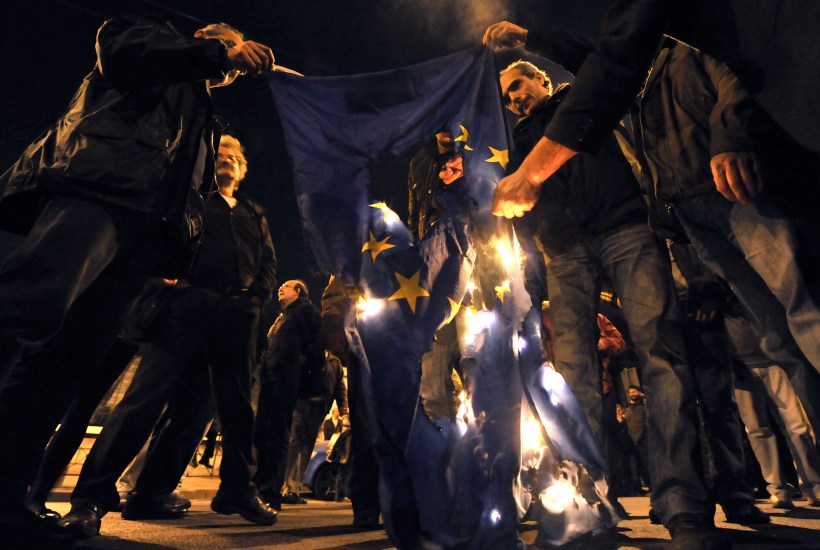With less than six weeks remaining until the March 29 deadline for Britain to exit the EU, the likelihood of any deal being negotiated that will be acceptable to both Brussels and Westminster continues to dwindle by the day.
While British Prime Minister Theresa May remains publicly confident that a deal will be struck and a no deal Brexit will be avoided, one EU ambassador recently stated to the press that the risk of a no deal Brexit was as high as 90 per cent.
As MP’s from both sides of British Parliament attempt to lobby the Prime Minister to rule out the possibility of a no deal Brexit, Theresa May has stated that it was more likely that Parliament would block Britain’s exit from the EU than it was to accept a no deal Brexit.
Despite May’s claims that Britain failing to leave the EU would be a “catastrophic and unforgivable breach of trust in our democracy“, the possibility of no Brexit at all continues to grow by the day.
As the full implications of a no-deal Brexit continues to loom large in the minds of MP’s, analysts and financiers at some of the world’s largest investment banks are increasingly pricing in the possibility that Britain may simply choose to stay in the EU. JP Morgan analyst Malcolm Barr recently stated in a note to clients that the chance of Britain choosing to remain in the EU was 40 per cent.
Should British Parliament choose to ignore the will of its people in the quest for economic stability and political expediency, it wouldn’t be the first time in Europe’s recent history that the democratic rights of a people were trodden upon.
In 2015 a referendum was held in Greece to determine whether or not the nation should accept the bailout conditions and harsh austerity measures imposed by their creditors, or simply walk away from their debt obligations potentially defaulting on their nation’s debts.
Greek voters overwhelming supported walking away from the bailout negotiations and accepted that a default was a strong possibility. There was no question the Greek public knew exactly what they were voting for, as 61.3 per cent of Greeks voted to not accept the austerity measures that would come with the next round of bailout funds.
In spite of the overwhelming public support to walk away from the nation’s debts, less than three weeks later Greek Prime Minister Alexis Tsipras accepted even harsher bailout conditions from Greece’s creditors including the EU and IMF.
Despite being the literal cradle of democracy, where the philosophers of ancient Greece first saw the merits of representative government, the Greek government complete betrayed the trust and the will of the vast majority of its people.
This act of profound betrayal was condoned and even applauded by the European Union, an institution that claims to be a beacon of freedom and self-determination throughout the word.
When the time came to choose between the sacred place of democracy in Western civilization and the repayment of Greek debt, the total of which represents less than two per cent of EU GDP, Brussels chose to take the money.
In doing so, the EU not only undermined democracy in Greece, but it sent a message to other EU member states that if presented with a choice between a continuation of basic democratic principles and cold hard cash, they would know what Brussels would choose.
With the possibility of a no-deal Brexit now arguably the most likely outcome, the temptation for MP’s to act in the interests of political expediency and economic stability grows ever greater, as Prime Minister Theresa May’s government continues to insist that a deal is still just around the corner, almost 2 years after Article 50 was invoked.
Should British Parliament choose the “Greek option” and ignore the will of its people, there will be far-reaching consequences for the entire democratized world, as the willful disregard of democracy in the birthplace of its modern renaissance, sends shockwaves around the globe.
Got something to add? Join the discussion and comment below.
Got something to add? Join the discussion and comment below.
Get 10 issues for just $10
Subscribe to The Spectator Australia today for the next 10 magazine issues, plus full online access, for just $10.


























Comments
Don't miss out
Join the conversation with other Spectator Australia readers. Subscribe to leave a comment.
SUBSCRIBEAlready a subscriber? Log in